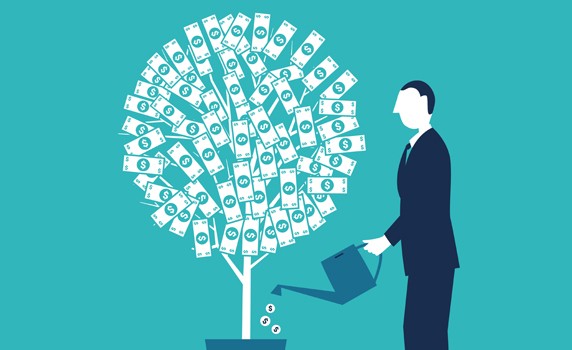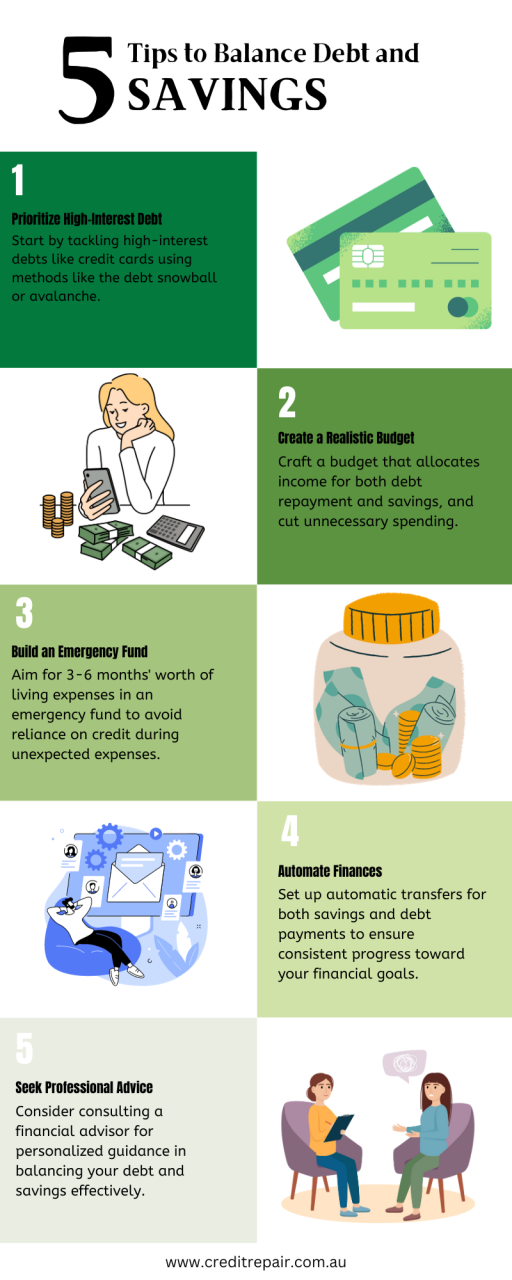Wednesday, 21 June 2023
Dealing with debt collectors: Know your rights
Nobody wants to deal with debt collectors. However, the process can be far easier if you know how to interact with them and what your legal rights are. You are entitled to be treated professionally and courteously and to have your privacy respected. In return, it will smooth the process if you are cooperative.
What is a debt collector?
A debt collector is a representative from a credit or service provider or a debt collection agency.
What can a debt collector legally do?
Debt collectors can contact you to:
• Provide information about your account.
• Demand payment from you and explain the consequences of non-payment.
• Offer to settle your account, make alternative payment arrangements, or review existing arrangements.
• Inspect or recover mortgaged goods (if they have a right to do so).
How are debt collectors allowed to contact me?
Debt collectors can contact you by phone, letter, email, social media or by visiting you in person. However, they are required by law to respect your privacy. They cannot reveal that they are a debt collector – or provide information about your finances – to anyone else without your permission. There are also legal restrictions on when and how they can contact you. For example, if they contact you via email or social media they should be reasonably sure the account is not shared with someone else and that their message can only be viewed by you. They should also only visit you at home as a last resort.
TIP: Keep good records of when and how you were contacted by debt collectors including dates, times and what was said.
What can’t a debt collector do?
It is against the law for a debt collector to:
• Threaten or intimidate you or trespass on your property.
• Harass or verbally abuse you.
• Make false or misleading statements or engage in deceptive conduct, such as
making false statements about what will happen if you do not repay the money you owe.
How should I deal with a debt collector?
If a debt collector contacts you, it is best to be cooperative, whilst knowing that you have the right to be treated in a professional manner. Return their calls and correspondence promptly and have a frank and honest conversation with them, including about any other debts. Try to reach a repayment arrangement if possible and notify them if your contact details change. These strategies will help make the process less stressful. Most debt collectors will be more accommodating if they can see you are trying to create a plan with them to resolve the outstanding debt.
How can I dispute a debt?Â
If you feel you have grounds to dispute a debt you can:
• Contact the lender or creditor and notify them that you dispute the debt.
• Try to access a free external dispute resolution scheme. Find out more about how to complain.
• Get free legal advice.
How do I negotiate a repayment plan?
If you have multiple debts, there are a number of different debt solutions available to you. These include informal debt solutions, such as creditor negotiation, debt settlement or a moratorium. There are also formal debt solutions, such as debt agreements, personal insolvency agreements or, as a last resort, bankruptcy.
If you need help managing your debts, Credit Repair Australia can help. Find out more about our debt solutions.
since version 3.0.0 with no alternative available. Please include a comments.php template in your theme. in


 You're an Australian resident
You're an Australian resident You're between 18-65 years old
You're between 18-65 years old You or your partner have a regular income
You or your partner have a regular income You may need to borrow money or take control of your debt
You may need to borrow money or take control of your debt You may have been declined for a loan or have trouble paying your debt
You may have been declined for a loan or have trouble paying your debt We'll work with you fully understand your financial situation
We'll work with you fully understand your financial situation We will help you understand your credit report and the areas for improvement
We will help you understand your credit report and the areas for improvement You may yourself without charge obtain a copy of your credit record and challenge any entry on your credit report
You may yourself without charge obtain a copy of your credit record and challenge any entry on your credit report If you're applying for credit restoration improvement, we cannot guarantee that all adverse credit notations are removed from your credit report
If you're applying for credit restoration improvement, we cannot guarantee that all adverse credit notations are removed from your credit report We can only use our best endeavours to ensure that your credit record is true and correct
We can only use our best endeavours to ensure that your credit record is true and correct We will not provide you with any Insolvency services unless and until we've advised you that you may obtain help, free of charge, with credit and debt related problems from community based financial counsellors.
We will not provide you with any Insolvency services unless and until we've advised you that you may obtain help, free of charge, with credit and debt related problems from community based financial counsellors.





Leave a Reply